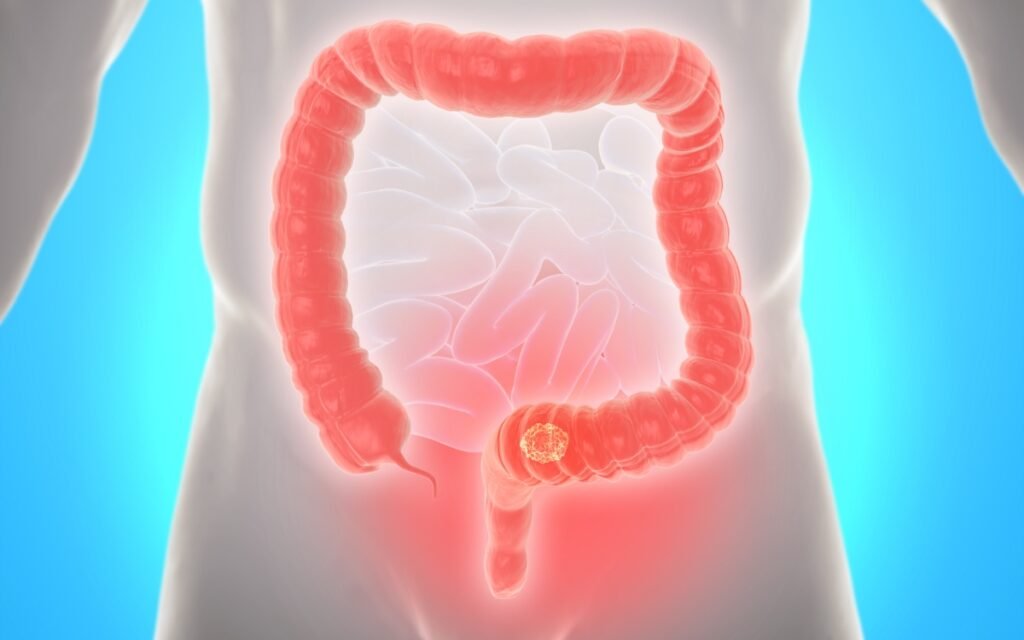D‐1553 is a small-molecule inhibitor designed to selectively target KRAS G12C and is currently undergoing Phase II clinical trials. It acts by inhibiting the RAS-MEK signaling pathway. In preclinical studies, D1553 has demonstrated its effectiveness against cancer both in laboratory cell cultures and in living animals with KRAS G12C mutations.
Recently, at the ESMO 2023 conference, the results of a Phase II clinical trial (NCT04585035) evaluating D1553 were presented. The earlier phases, IA and IB, focused on dose escalation, while the Phase II trial investigated the combination of garsorasib (D1553) and cetuximab. The primary study endpoints included the Objective Response Rate (ORR), Disease Control Rate (DCR), Progression-Free Survival (PFS), Duration of Response (DOR), and Overall Survival (OS).
As of August 2023, the study had assessed 40 patients, with 21 of them still receiving treatment. The reported ORR was 45%, and the DCR stood at an impressive 95%. Notably, 92.5% of patients exhibited a reduction in the size of their target lesions. The time to achieve a response averaged 5.9 weeks, and the median Duration of Response (DOR) was 8.6 months. The median Progression-Free Survival (PFS) in the study was 7.6 months. Although the median Overall Survival (OS) had not been reached due to the limited follow-up period, an 82.4% 9-month OS rate was reported.
The safety profile of D1553 was promising, with most treatment-related adverse events (TRAEs) being mild or moderate in severity. Garsorasib-related adverse events were observed in only 2.5% of patients, while 12.5% experienced cetuximab-related adverse events. The Grade III TRAEs included conditions like rash, dermatitis, and acneiform eruptions.
KRAS inhibitors in colorectal cancer, it’s worth noting that KRAS mutations are common in colorectal cancer and can drive tumor growth and resistance to therapy. Small molecules like D1553 that target specific KRAS mutations, such as G12C, represent a significant advancement in the field. The encouraging results from this Phase II trial suggest that D1553 may hold promise as a treatment option for patients with KRAS G12C mutant colorectal cancer. Further research and clinical trials are needed to better understand its efficacy and safety in this specific patient population.
Conclusion
KRAS mutations are commonly found in various cancers, with pancreatic cancer having the highest prevalence, followed by colorectal cancer (CRC) and non-small cell lung cancer (NSCLC). In the United States, approximately 40%-45% of CRC cases exhibit KRAS mutations, with the G12D variant being the most frequent in this cancer type. While many companies are currently targeting the G12C variant of KRAS, it’s worth noting that in NSCLC, the G12C mutation is the most commonly observed.
The combination of garsorasib and cetuximab presents a new and potentially effective therapeutic option for heavily pretreated patients with KRAS G12C mutation in CRC. This research holds promise in addressing an area of unmet medical need and offers hope for improved treatment outcomes for these patients. Further studies and clinical trials will be important to validate and refine these findings.





























